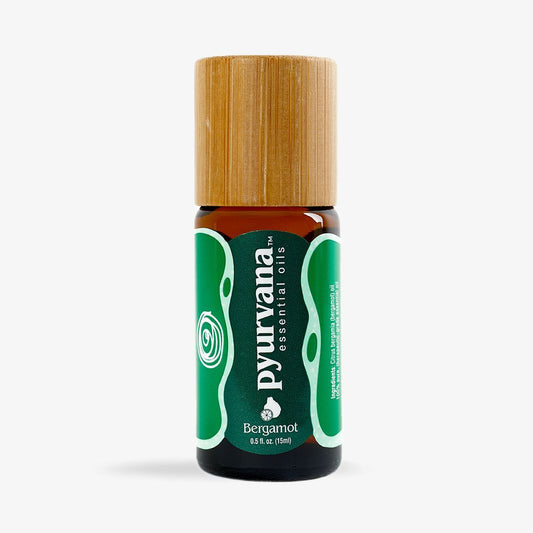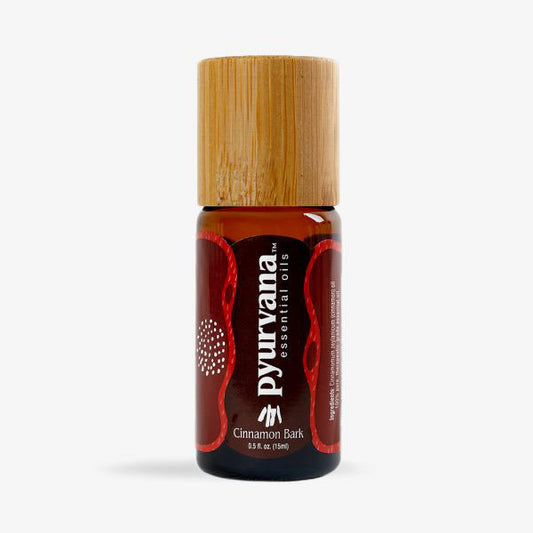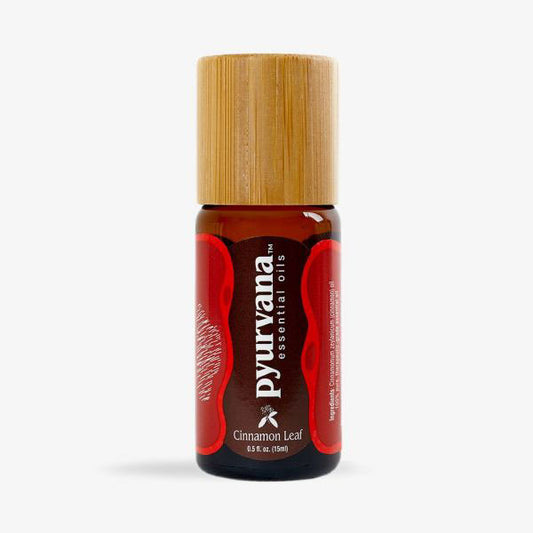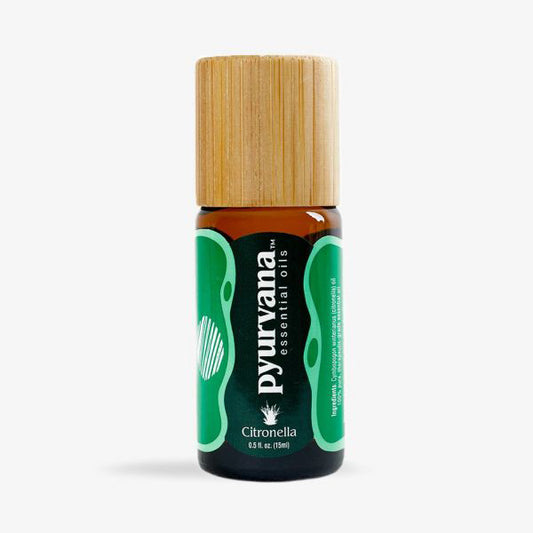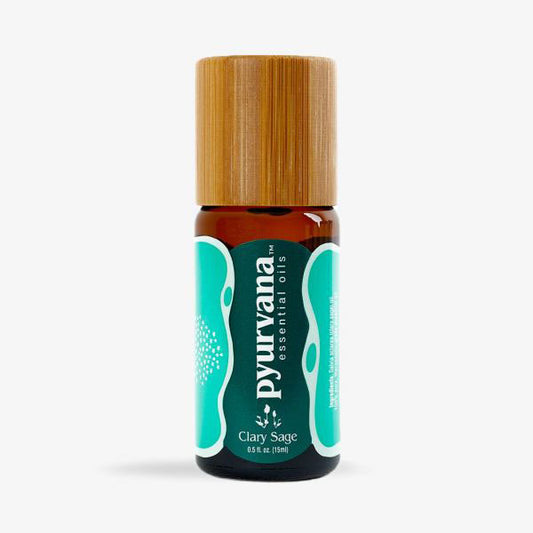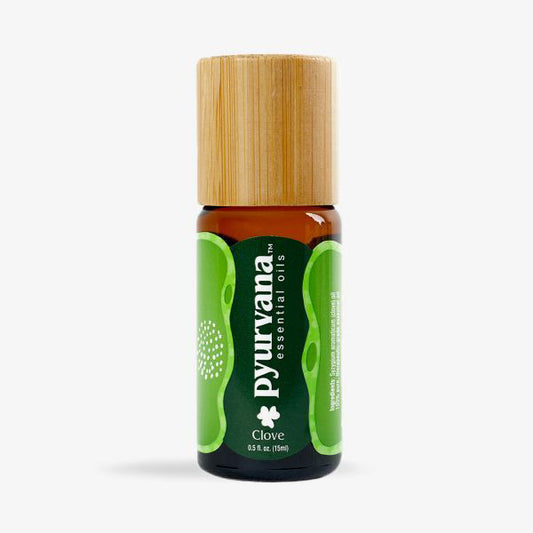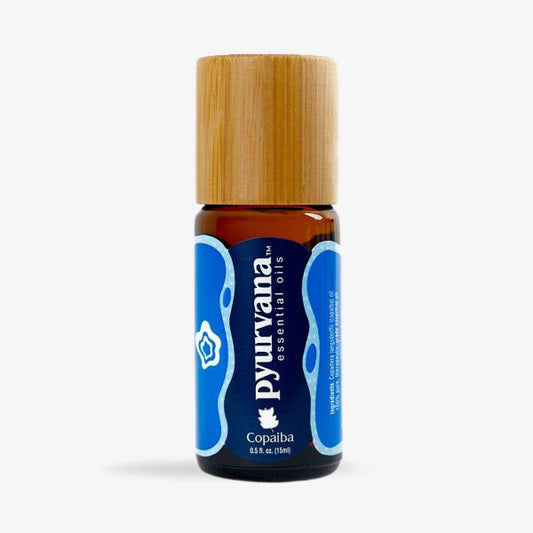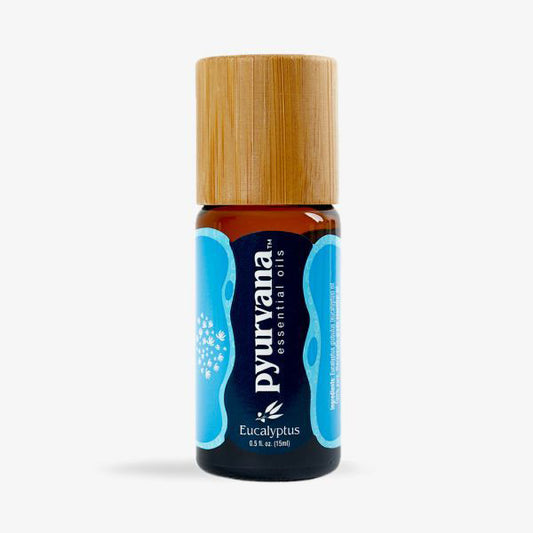Finding The Best Essential Oils
Essential oils are incredibly popular and there are a lot of options where you can buy them. If you’re looking for the best essential oils available, it can be challenging to know where to start. You may also be confused by the wide range of prices and be tempted to just use the least expensive brand. However, you may not be getting the best value or the highest-quality product. Understanding essential oil pricing and terminology can make it easier to know which oils you should purchase.
Essential Oil Terms You Should Know
When you are shopping for essential oils, you may see a variety of different terms to describe their quality. knowing what each of these mean and how different brands may use them can help you make a more informed purchasing decision.

100% Pure
One of the most essential terms to understand is “100% pure.” In theory, this should mean that a given product contains only the indicated essential oil, with no additives or carrier oils, but this is not always the case. There is little regulation and companies can stretch the definition of “100% pure” and include this label for oils that have been diluted, include fillers, or even have synthetic chemicals to enhance the scent.
At Pyurvana, it is our goal to provide you with the best essential oils that are truly pure. We use reputable sources that provide 100% natural oils that must meet our high standards for purity, scent, and quality.

Therapeutic-Grade
Like “100% pure,” “therapeutic-grade” should technically mean that an oil is high-quality and could be used in aromatherapy applications. Unfortunately, without any regulations for who can use the term, many companies claim that their low-quality oils are “therapeutic-grade” without consequences. If the term doesn’t have any independent verification behind it, why use it? Pyurvana labels our oils as therapeutic-grade because this term is easily understood and is the quickest way to communicate the quality of our oils. Many people look specifically for oils that are marked as therapeutic-grade and we feel that not using the designation would lead to more confusion. However, we aim for transparency in all that we do, so we want to make it clear that this specific term by itself is not the only thing you should look for when purchasing oils. We take the descriptions we use seriously and when we say that our essential oils are therapeutic-grade, we truly mean that they are of the best quality and made from pure, natural ingredients.

USDA Organic
Organic products are certified by the United States Department of Agriculture (USDA) and must meet strict standards relating to how the plants were grown. In general, organic essential oils are going to have a higher cost because of the additional rules that growers must follow during production. This can sometimes be an indication of higher quality, but not always. For example, some essential oils cannot be produced with organic methods. As with anything else, this is just one factor to consider. You should do research for the specific variety of oil you are buying to see how much of a difference organic vs. non-organic growing methods can make.
Why Do Some Essential Oils Cost More than Others?
There are different costs associated with distilling oils depending on the plant they come from. This is why there is so much variation in price, even within an individual oil brand’s selection. For example, citrus oils are among the easiest to extract and the peels produce a fair amount of pure oil. As a result, you can generally expect to see a lower price for citrus oils by comparison. Other plants require more work to extract and these oils have a higher cost. This is why it’s important to consider specific oils when making any comparison.
As for why prices vary between brands, this can be a little more complicated. This is because two oils can be labeled the same way, but actually be very different in composition. A truly 100% pure oil, for example, will cost more than a “100% pure” oil that actually contains 90% carrier oil with 10% essential oil. While it seems like you are saving money by buying whichever oil is cheaper, you may be spending more money for less essential oil if it has been diluted.
Of course, this doesn’t mean you should do the opposite and look for the most expensive oil. Some companies charge more than an oil is really worth because of high demand. In general, we recommend looking at a few different companies for the variety of oil you want to purchase. This can help you determine what the average price is. Researching the distillation method and how much of a plant is necessary to produce the oil can help put this price into perspective.
How to Find The Best Essential Oils
In order to find the best essential oils, you should not only consider what labels a brand uses, but whether or not they clarify how they are using these terms. Are they transparent about what certifications the oil has and what it includes? If you have questions, reach out directly to see what other information is available.
Verifying that the price is not too low or too high can be helpful, but it can be difficult because of the wide variations. In general, your best bet is to avoid any oil whose price seems “too good to be true.”
You can also look at how a brand promotes the use of their products. Some companies will make outlandish claims about what their oils can do. Since oils are not regulated by the Food and Drug Administration (FDA), they are not classified as drugs, and are not meant to treat any health conditions. Companies that claim their oils can cure any disease or have miraculous effects are often not being transparent or honest.
Finally, you should trust your own judgement about the scent of an oil. If you purchase an oil from a company and it doesn’t smell like you think it should, this could be a good indication that it might not be 100% pure essential oil.
Our Commitment to Transparency and Quality
At Pyurvana, it has always been our goal to provide high-quality essential oil at a fair and transparent price. We aim to be entirely clear about the terminology we use and what goes into the destillation of our oils. This helps you as the customer make the most informed decisions and find the best oils to use for diffusion, topical application, and more.
If you have any questions about our oils, please reach out and we will be happy to help.
* This statement has not been evaluated by the Food and Drug Administration. This product is not intended to diagnose, treat, cure, or prevent any disease.





